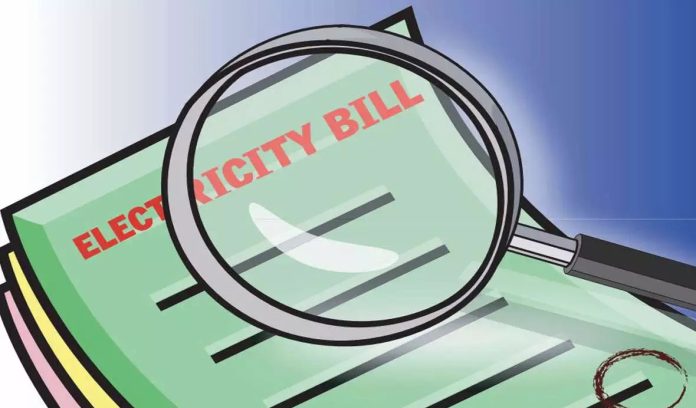In a move that promises substantial relief for the power consumers of Jammu & Kashmir, the Government has announced a pivotal decision to maintain subsidies and absorb any increase in electricity tariffs for the financial year 2024-25. This decision has shielded the populace from the escalating power costs and inflationary pressures, while simultaneously addressing the broader challenges faced by the power distribution companies (discoms) in the region. The primary impetus behind this decision to increase lies in the relentless rise in power purchase costs, largely driven by escalating coal prices. This cost increase is compounded by other significant expenditures, such as operations and maintenance costs for the expanding infrastructure. However, the Government’s commitment to subsidising electricity bills ensures that consumers will not bear the brunt of these rising costs.
The region has consistently maintained some of the lowest electricity tariffs in the country. Following a six-year hiatus without a tariff hike, an approximately 17 percent increase was implemented in October 2022. For the fiscal year 2023-24, although there was a 15 percent hike for metered consumers, the Government neutralised this increase by abolishing the 15 percent electricity duty on energy charges, ensuring no net rise in consumer bills. This trend of balancing necessary cost adjustments with consumer relief measures is now being continued into 2024-25, with the decision to forgo any tariff increase altogether.
In tandem with the financial relief measures, the PDD is aggressively pursuing a suite of reforms under the Revamped Distribution Sector Scheme (RDSS) to enhance the quality and reliability of power supply. A cornerstone of these reforms is the rapid implementation of smart metering, which empowers consumers with better control over their energy consumption and facilitates transparent, real-time monitoring. Notably, Jammu & Kashmir, which had a metering percentage as low as 50 percent in 2019, now ranks among the top seven states in the country for smart metering implementation, having surpassed the six lakh mark.
As per JKPDCL, the benefits of smart metering are already evident in metered areas, where improvements in consumption patterns and reductions in aggregate technical and commercial (AT&C) losses have been observed. However, challenges persist in unmetered areas, particularly in Kashmir. To address these issues, discoms are conducting calibrated load rationalisation based on actual electricity usage and connected loads, ensuring adherence to Electricity Supply Code regulations and preventing inflated bills. Additionally, reforms such as 100 percent segregation of agricultural feeders, High Voltage Distribution Systems (HVDS), aerial bundled (AB) cables in congested areas, and state-of-the-art Supervisory Control and Data Acquisition (SCADA) and Real-Time Data Acquisition Systems (RT-DAS) are being implemented.
Notwithstanding the various claims made by the department, the fact remains that there is still significant pilferage, even in areas with smart meters. Unscheduled power cuts have been the hallmark of this summer as well in smart metered areas, and fluctuating voltage is a persistent nuisance without any remedy in sight. Despite repeated complaints from the public in smart metered areas, these issues remain unaddressed, leaving genuine customers who diligently pay their bills feeling cheated by the department. The lack of exemplary action against power theft, whether by consumers or department employees who facilitate such connections, is a serious concern. Efforts to revise consumer loads, prepare actual consumption data, and augment the power infrastructure are minimal at best.
Year after year, the Government provides subsidies to keep the system running with public convenience in mind. However, the staggering AT&C losses, which are above fifty percent, reflect a grim picture. Each year, power demands will further increase during both summer and winter, leading to higher losses. Both JPDCL and KPDCL need to initiate departmental reforms swiftly to set things right. While the Government has played its role, the power corporations must now devise strategies to operate independently. Tough decisions are necessary, and accountability must be enforced. The Government’s relief is a welcome step, but power corporations must act now.
Trending Now
E-Paper


